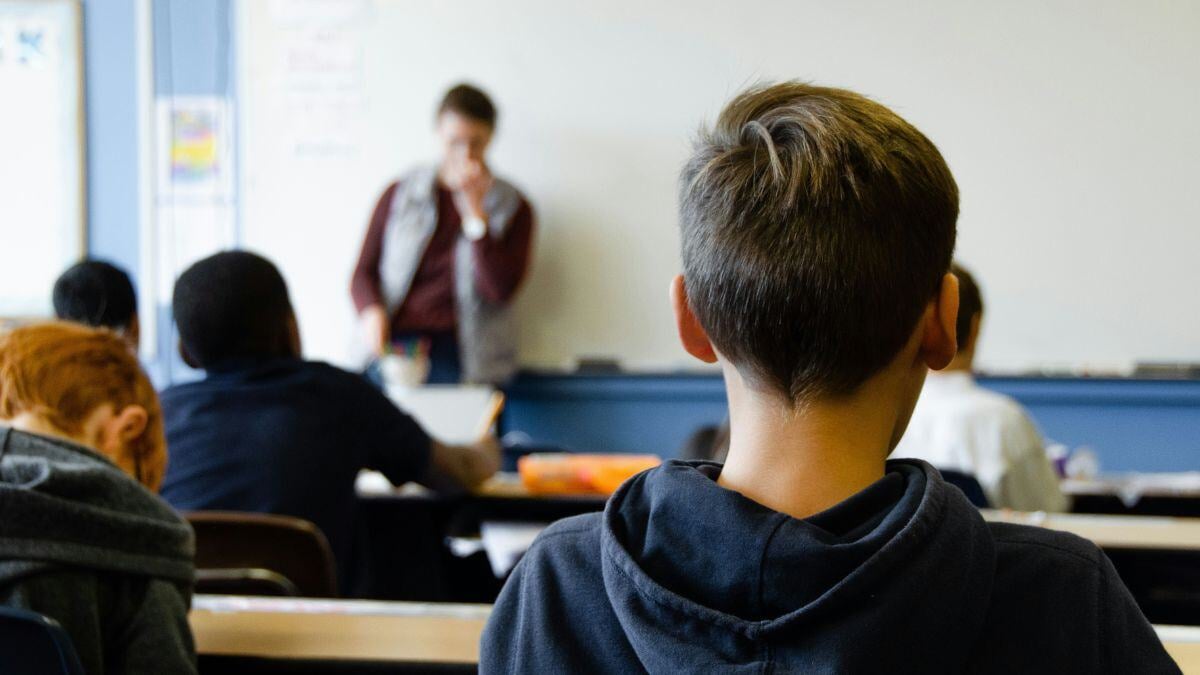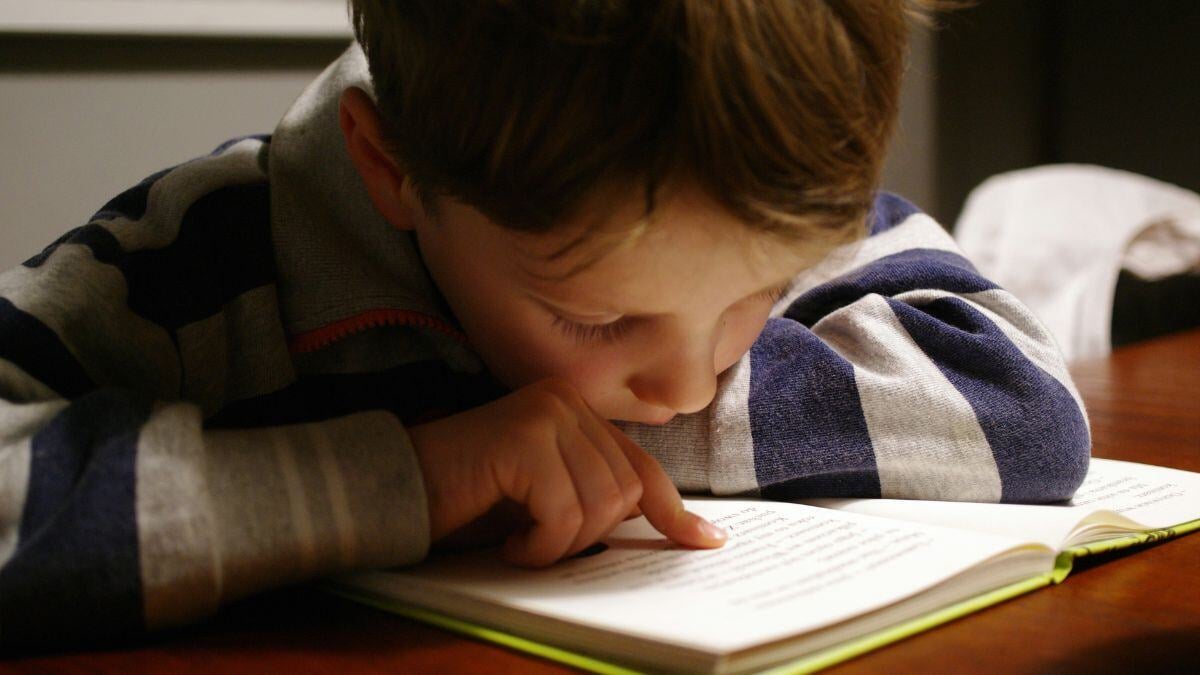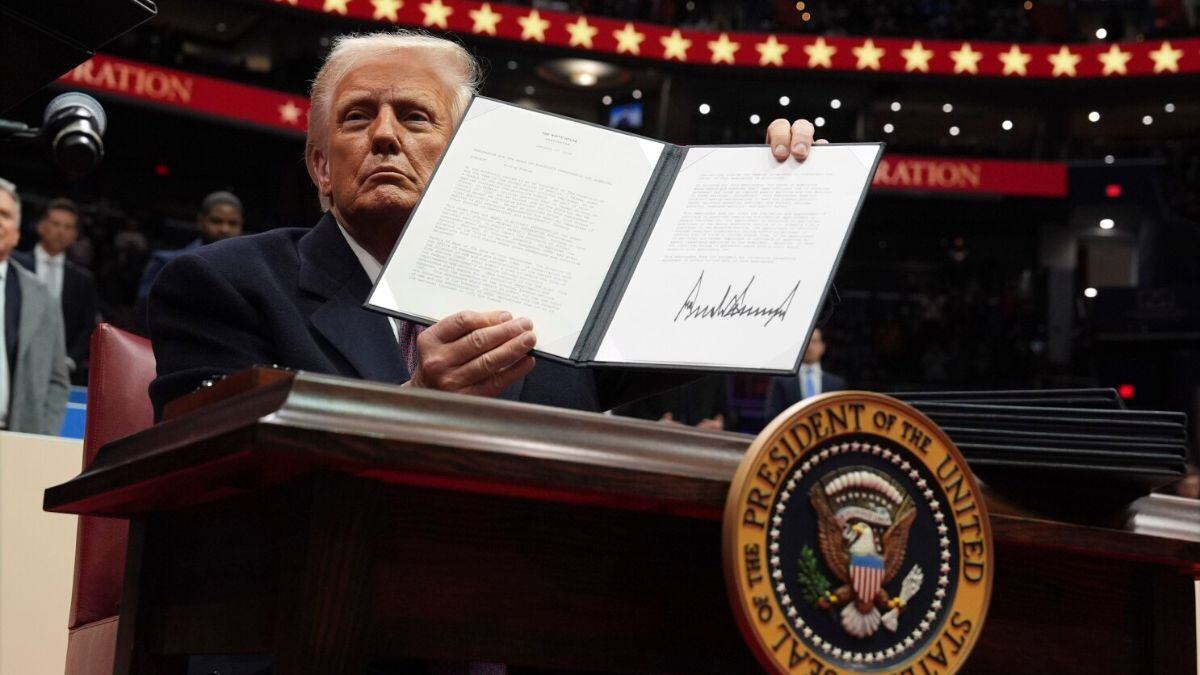How to Fix Education
Author: John Stonestreet and Shane Morris

Authors: John Stonestreet and Billy Hutchinson
Conservatives are quick to blame the systemic failings of U.S. public schools on “wokeness” and other progressive indoctrinations that masquerade as education. And rightly so. However, another widespread and more fundamental problem to plague America’s schools is destructive classroom behavior by students. According to a post-COVID survey conducted by the American Psychological Association, which included nearly 15,000 pre-K–12 teachers, administrators, school staff, and counselors,
33% of teachers reported at least one incident of verbal harassment or violence while 18% of school psychologists, 15% of school administrators, and 22% of other school staff reported at least one violent incident by a student.
The survey also revealed that nearly 50% of all teachers hoped to quit or transfer jobs due to school safety concerns.
The most important cause of student behavioral problems in or out of the classroom is, of course, the widespread breakdown of American families. However, the adoption of behavioral strategies based on Critical Theory have made it worse. These behavioral adjustment approaches often go by names such as social and emotional learning, restorative justice in education, and restorative discipline. Despite Christian-sounding “re” words in the titles, these approaches center around redefined notions of fairness, empathy, oppression, privilege, justice, and inclusion. In some schools, these ideas are baked into every part of the curriculum, even math. Secular educational models operate from a naturalistic worldview, specifically secular humanism, which holds that humans (who exist without a Creator) naturally bend toward kindness, altruism, and fairness. In this view, students are not responsible for bad behavior but are themselves victims. Rather than facing serious consequences, which parents often do not support anyway, students need to be understood and reminded to act justly.
A Christian worldview offers radically different understanding of human relationships, what has broken between them, and how they might be restored. A central aspect of being in the Image of God, according to the opening chapters of Scripture, are the relationships we all have with God, with ourselves, with others, and with the rest of creation. Just as God is a relationship in His very essence, Father, Son, and Holy Spirit, so too humans do not merely do relationships, we are relational. Thus, the core of our problem is that, broken by the Fall, our relationships are in need of restoration.
This understanding of humanity offers a far more accurate context to address human behavior. In a naturalistic worldview, human beings are highly functioning animals. Thus, conflict resolution is more a matter of pragmatism, as if student behavior can be corrected through broad disciplinary policies in which no one is really “guilty.” Pragmatic approaches like these might work in the short term, especially given the propensity in the system to medicate toward acceptable behavior, but they do not address who human beings are at their core.
Like every other aspect of human society, broken relationships are the root cause of most behavior problems in the classroom. Christian educators have a better framework to address the underlying broken relationships, one which offers the reconciliation and restoration needed for lasting change. A central reason that the reimagined secular modules are not delivering the results that were promised is that they are based on a flawed understanding of the human person. As T.S. Eliot observed, every answer to the question, “What is education?” is based on the answer to a prior question, “What is man?”
The widespread disillusionment with the educational status quo in America offers an incredible opportunity for Christians. However, Christian education must offer something substantially different and better. The Colson Educators program forms Christian teachers to offer the different and the better. Educators can begin with Worldview Formation 101, a free, online, self-paced course. Understand the ultimate goal of worldview formation, develop lessons that incorporate Christian worldview, and create a classroom culture where students’ faith can grow. Sign up for Worldview Formation today at colsoneducators.org.
 Read More
Read More

Author: John Stonestreet and Jared Hayden

Authors: John Stonestreet and Dr. Timothy Padgett